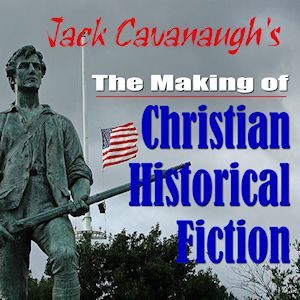Long-time friend Alton Gansky interviews me on a special edition of WRITER’S TALK. We discuss the American Family Portrait series and my latest novel, The Arm of God.
httpv://www.youtube.com/watch?v=9PDr7ntIsNA&list=UUgZtb2gNWiBz60Xor1z6Ixg
You can learn more about the American Family Portrait series by clicking HERE
You can learn more about The Arm of God by clicking HERE



